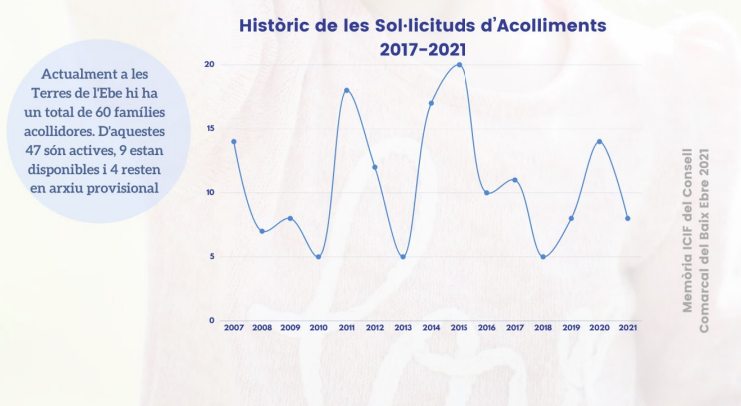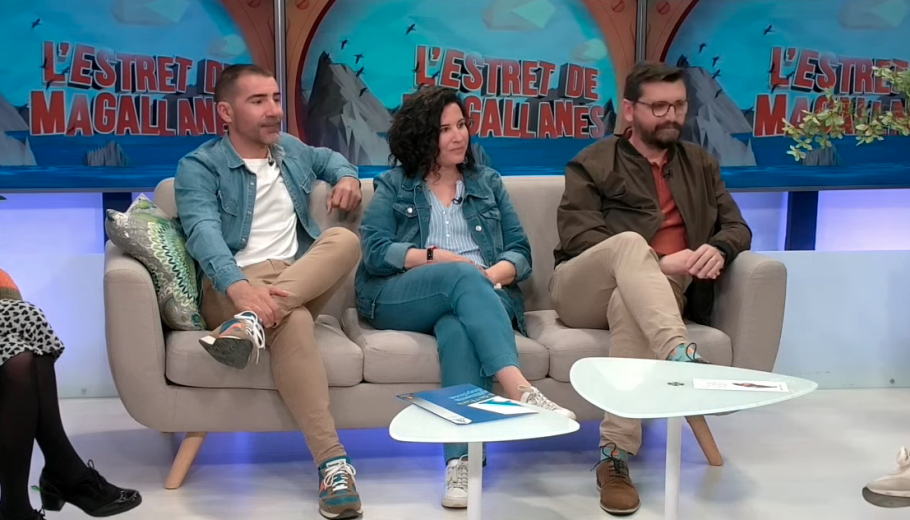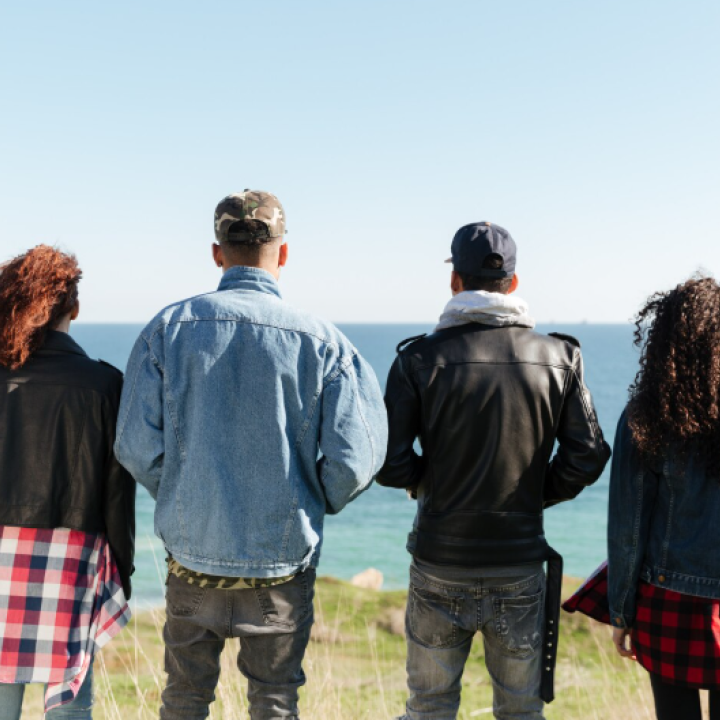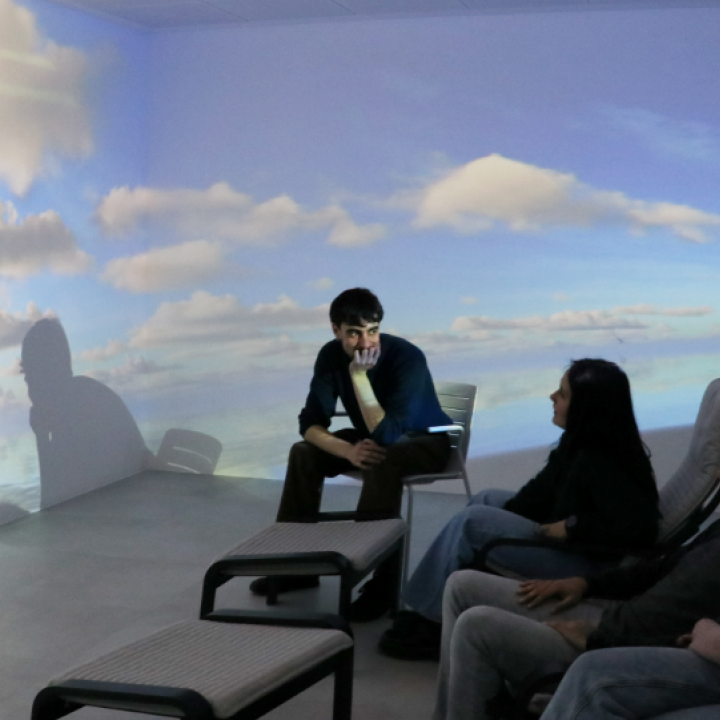Families and professionals tell us about the process and their experience of foster care in the Strait of Magellan program on the Terres de l'Ebre channel.
“All children deserve a family. If they don't have it, what else but my house” Anna Godia.
Among the guests we find Anna Godia and Ramon Bel, both foster parents of children. Maite Margalef, head of the Catalan institute of fostering and adoption in the Terres de l'Ebre, and Sam Ferré, social worker of the entity that includes the Collaborating Institutions of Family Integration (ICIF).
The main function of the two organizations is to ensure the right of children and young people to have a family environment, and, secondly, to guide and accompany the people who host them throughout the process. In addition, they are responsible for deciding the type of foster care and its duration, depending on the children's case history and the family organization. During the talk, the families shared their experience of becoming the reference adult for these children, without being their father or mother, as well as the characteristics and challenges of the type of foster care they provide.
The family of Anna Godia, representing an emergency shelter and diagnosis, explained that it is a typology focused on situations where it is necessary to exercise immediate, and transitory attention to the children while the problem is analyzed and determined if applicable protective measure. He also mentioned that the needs of these children are usually of a medical nature.
“I know it's short, but they need it” Anna Godia
Unlike the case of Ramon, who is currently a long-term or permanent foster family. Which involves being the main educators of children and young people up to the age of majority, but maintaining the relationship with the biological nucleus or extended family. He explained the significance of foster parenting this way:
“Giving everything, without receiving anything in return” “changes your whole perspective on life” Ramon Bel
In his opinion, the main challenge of this type of fostering could be living with small biological children, explaining that it might be difficult or strange for them, until a bond is created with the new family members. At the same time, he encouraged the people who have an interest:
“I invite interested families to try it. It is very important to get a bag of welcoming families”.
Apart from these two types, there are others such as the reception of children with specific needs or short stays, for example during the weekends with collaborating families. If you want to know the rest of the typologies, check here.
You can see the whole program here:
Some interesting tidbits that came up during the conversation:
How many children and young people are in this situation?
“Currently, there are 52 children and young people in Terres de l'Ebre and 900 in all of Catalonia”.
And how many host families?
The data in 2021 indicated the existence of 60 families available in the territory.






